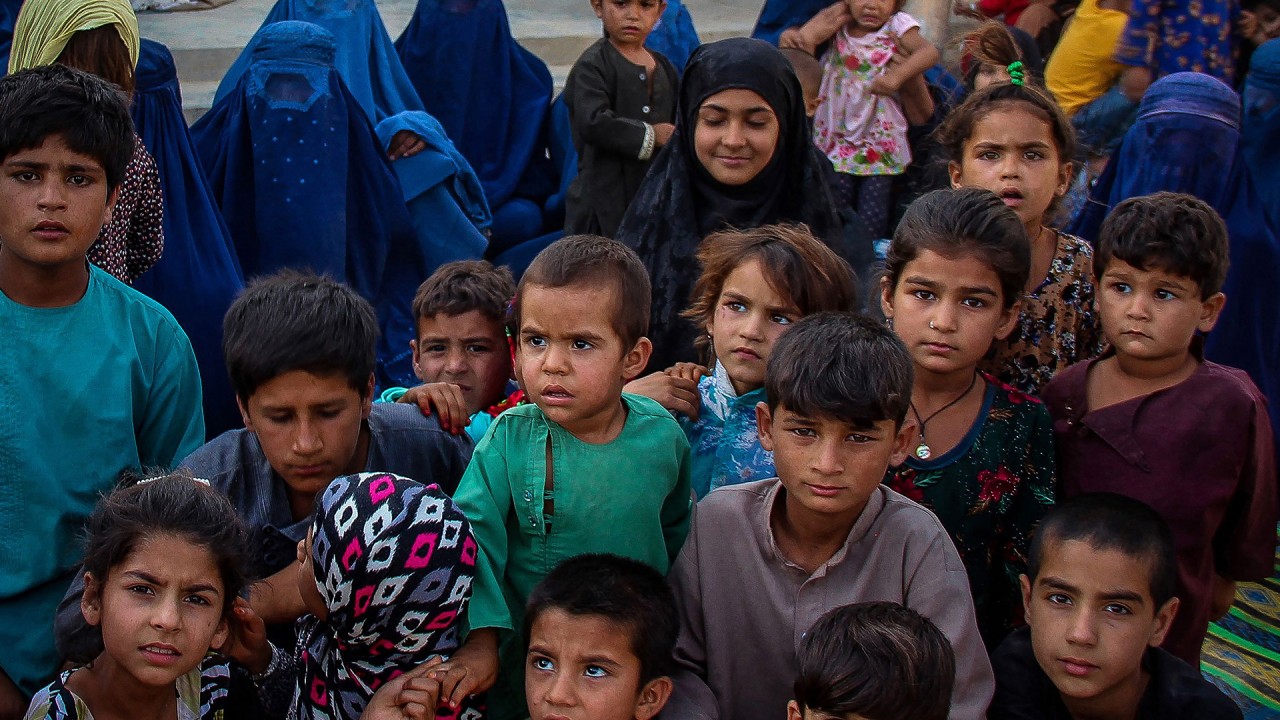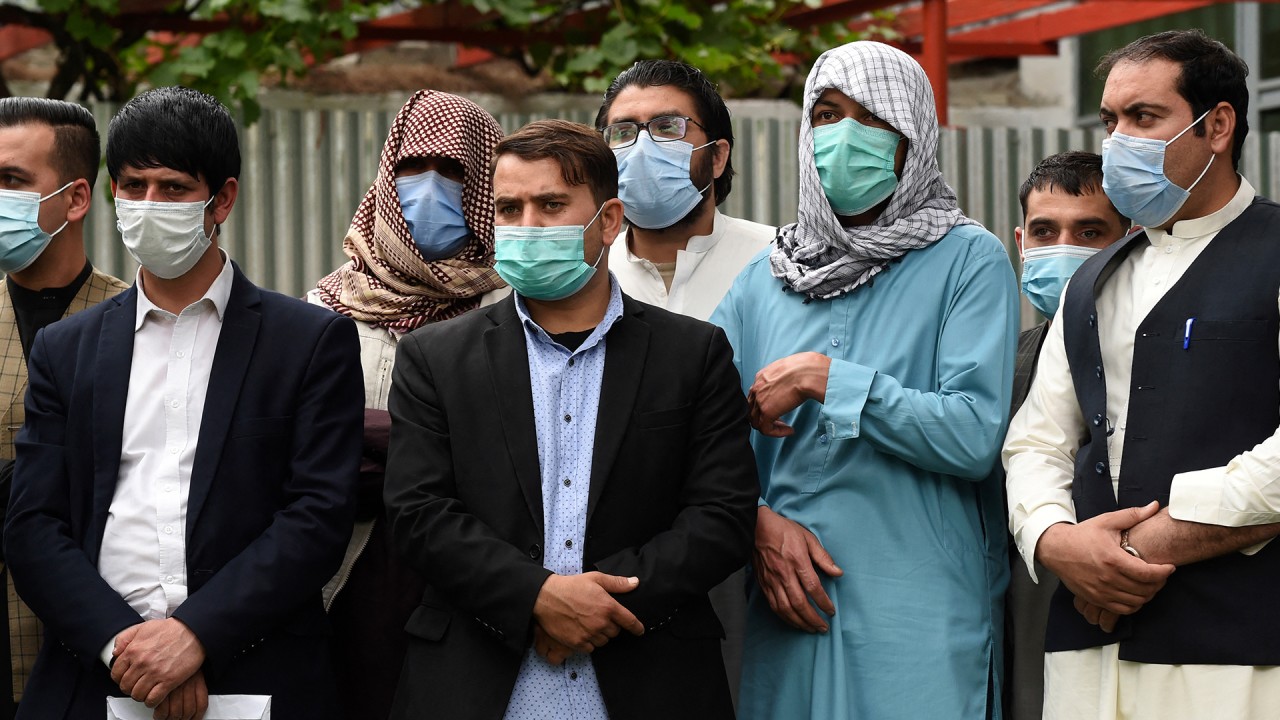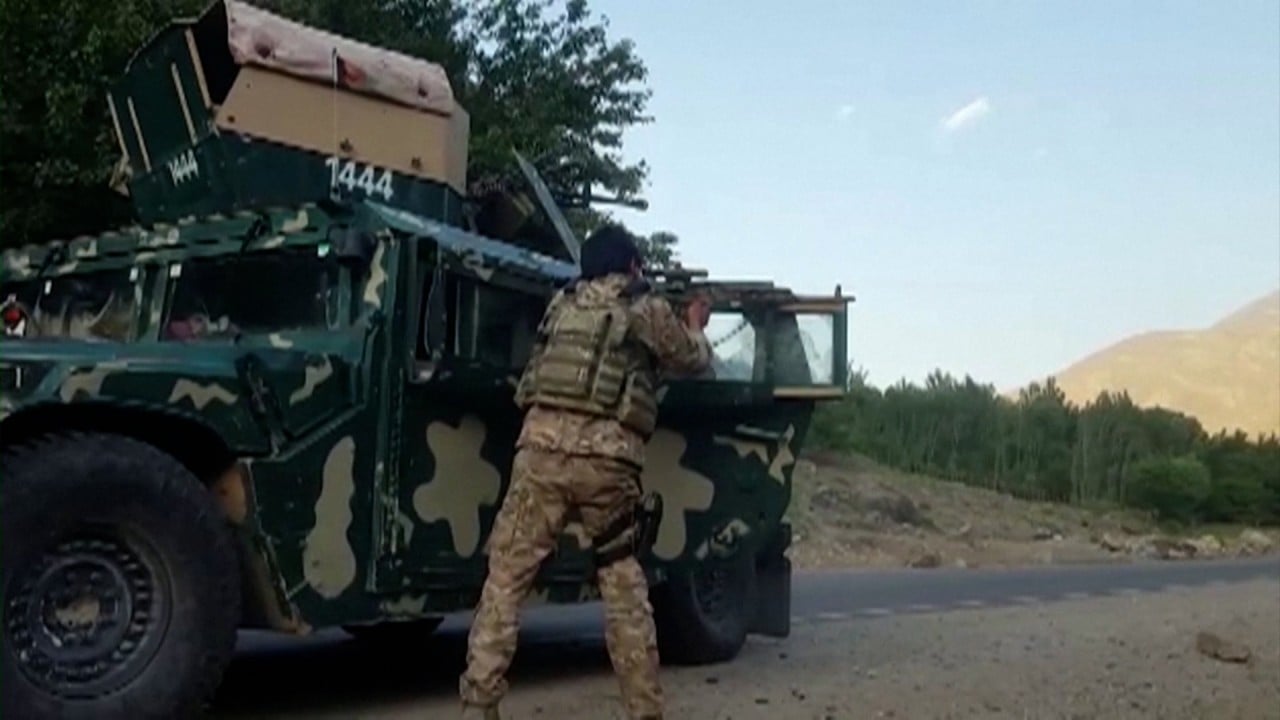
Where are Australia’s liberal values when it comes to Afghanistan?
- Walking away from the Afghan contractors who risked their lives for Australia suggests an expeditious, rather than genuine, commitment to those values
But when put to the test, Australia’s adherence to these values seems rather variable. The plight of those in Afghanistan who supported Australian troops and NGOs is the most recent acid test.
Australia has faced similar tests. It failed in the 1975 retreat from Indochina when local employees of its Phnom Penh and Saigon embassies were left behind.
But at other times Australia has demonstrated the values it espouses, eventually becoming one of the top countries taking in refugees from Vietnam. Australia’s intervention in Timor in 1999 was seen as repaying a debt as the Timorese had provided invaluable support for Australian troops in World War II.
Former prime minister John Howard, who was responsible for the original military deployment in Afghanistan, said Australia had a “moral obligation” to provide a safe haven to Afghan subcontractors who fear for their lives.
But Australian bureaucracy moves slowly, with some applicants waiting up to six years for visas. Foreign Minister Marise Payne insists the government is prioritising visa applications based on their merits, but stressed that applicants must meet the country’s “rigorous health, character and national security requirements”.
Retired Lieutenant-Colonel Damien Hick put it this way: “We talk about freedom and loyalty, but we’re not being loyal to these guys we promised would be safe.”
Those working closely with Australian forces and government services have already undergone extensive security vetting. It is dangerous nonsense to require additional vetting by a different segment of the Australian bureaucracy or rely on character test reports outsourced to US contractors.
It is absolute nonsense to expect applicants to undergo further police checks conducted by a disintegrating Afghan police force that may soon be replaced by a Taliban force reluctant to cooperate with previous adversaries. It is ludicrous when the Australian embassy in Kabul is closed, making it virtually impossible for applicants to access the necessary consular services.
The immediate issue is how those who supported the Australian military, humanitarian and political initiatives have been abandoned to their fate.
Here is a golden opportunity to affirm the values Australia strongly promotes and asks others to subscribe to. Here is the opportunity to snatch some glory and respect rather than add ignominy to defeat.
Australia must practise the values it preaches if it is to retain credibility when it comes to future activity within the region. The reluctance to put those values into action makes Australia vulnerable across multiple regional forums.
From a humanitarian perspective, there is a need for immediate action to grant visas so people can leave Afghanistan before Taliban retaliations and executions begin. Practically, the delays and the fact that there is even a need for this debate have already done untold damage to Australia’s standing.
This will weaken Australia’s foreign policy influence. Its credibility will suffer when it comes to the promotion of Western liberal values if it applies these selectively. Walking away from those who put their lives on the line for Australia suggests an expeditious, rather than genuine, commitment to those values.
Seeking to occupy the moral high ground comes with obligations. The challenge facing Australia, and others in the West, is to live by the values they promote because they are judged by what they do, not by what they say.
Daryl Guppy is an international financial technical analysis expert, and a national board member of the Australia China Business Council. The views expressed here are his own




